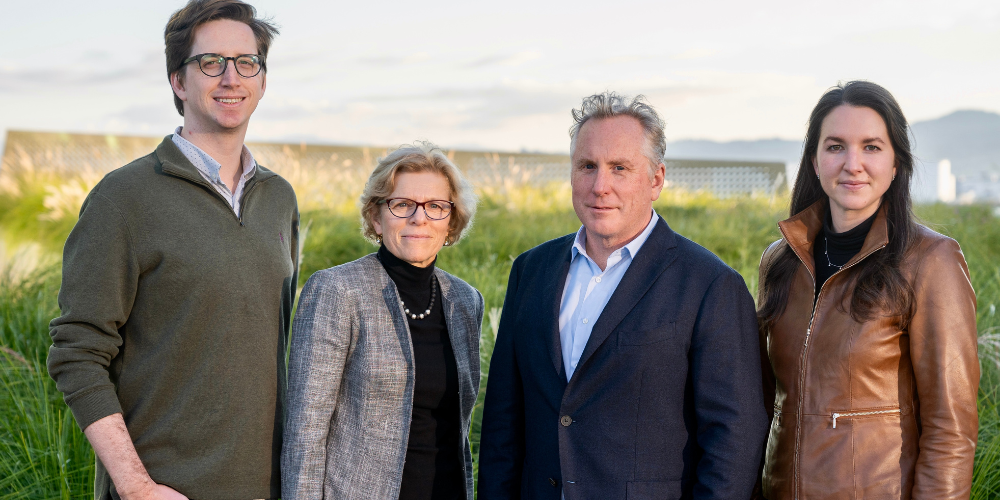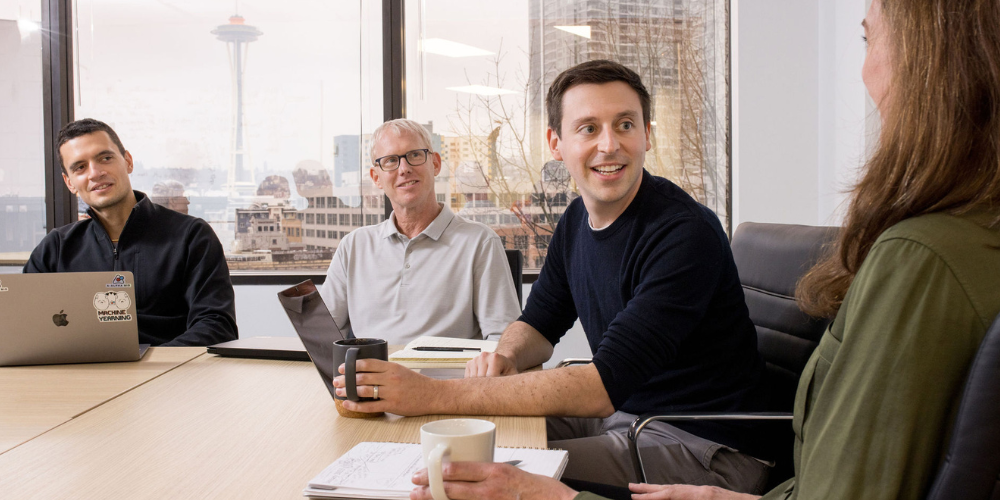We are thrilled to announce our investment in Vilya, a company revolutionizing macrocycle design using AI. Macrocycles are small, circular peptides that combine the best attributes of small molecule drugs (oral dosing, high bioavailability) with the large binding surfaces of biologic drugs (like antibodies). Macrocycle drugs have proved hugely impactful, from cutting-edge drugs like Merck’s PCSK-9 inhibitor to time-tested antibiotics like cyclosporine. However, designing macrocycles is challenging, as they have complex structures and properties that are hard to predict and optimize. Vilya has unlocked the AI-guided generation of macrocycle drugs leveraging computational protein design tools from David Baker’s Institute for Protein Design (IPD).
Macrocycles offer unique advantages that no other drug modality can match. For example, macrocycles can access intracellular targets, be taken orally (no more injections), and have long half-lives in the body. Vilya is leveraging these benefits to create novel macrocycles for diseases with high unmet medical needs, such as cancer, inflammation, and neurodegeneration.
While macrocycle drugs are incredibly promising, the industry is in the early innings — with 67 FDA-approved macrocycle drugs, only eight have been de novo designed. This is because it has been incredibly challenging to design macrocycles with desired drug-like properties. The current state of the art in discovering macrocycle drugs is slow and relies on legacy screening techniques with limited chemical diversity. Vilya is upending the status quo, leveraging best-in-class protein engineering tools to crack the code on intelligently designing these complex but powerful molecules.
Madrona has a long history with the IPD at the University of Washington, where Vilya’s technology was originally developed. The IPD is the world leader in computational protein design, and we have been fortunate to partner with the institute and its researchers many times over the past few years. We are also delighted to once again invest alongside ARCH Venture Partners. ARCH has deep expertise in drug discovery and a long track record of backing the most innovative biotechs, and Bob Nelsen of ARCH officed with Madrona for over two decades. We share their vision and passion for supporting the most groundbreaking science and innovation to advance human health and well-being.
We are especially excited about working with Vilya CEO Cyrus Harmon, a longtime biotech entrepreneur and leader. Cyrus has a wealth of experience in building and scaling successful biotech companies, such as Olema Oncology, which went public in 2020. We are impressed by his vision, strategy, and execution, and we look forward to supporting him and his team as they grow and advance their pipeline.
As part of this investment, Chris Picardo from Madrona will take an observer seat on Vilya’s board. Madrona believes that AI models and wet lab data generation are complementary and synergistic and that the combination of these approaches will accelerate and improve the outcomes of biotech innovation. Vilya is the perfect example of how leveraging AI can make challenging types of drugs (like macrocycles) more accessible to drug developers, ultimately creating many more breakthrough therapies for patients.
We are honored and thrilled to be part of Vilya’s journey. Please join us in congratulating Cyrus and his team on this milestone and stay tuned for more updates on their progress and successes.

